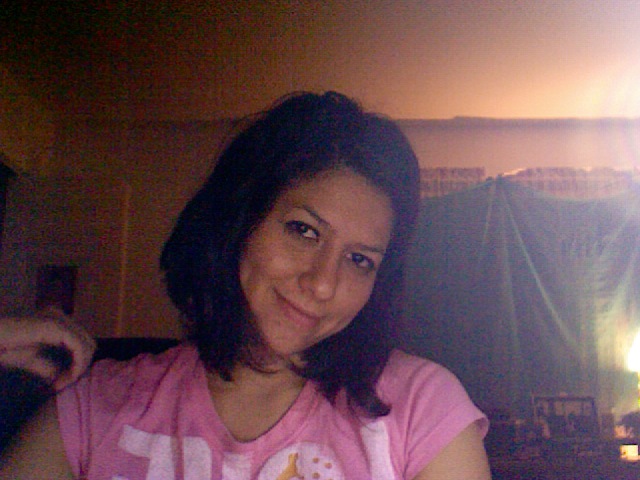A Response to Cindi Moar Alvitre Speaks Tradition: “Moving Beyond the Silenced Knowings” Lecture on March 20th at Scripps College. Part of the Humanities Institute Lecture Series, “Continuing Invasion. Resistance, Resilience, and Re-Invention Among North American Indigenous Peoples.”
Cindi Moar Alvitre is a UCLA PhD Candidate in the Department of World Arts and Cultures
Do you ever wonder on whose land your house was originally built? Or where did the Native Americans go that used to live in the space you now call your apartment, more broadly your neighborhood and city? Last Tuesday, at a lecture by the Tongva native Cindi Moar Alvitre, I found out the answers to these curious questions. My studio was built on land that used to belong to the Tongva. The Tongva populated the lands of what are the contemporary Los Angeles and Orange Counties, and the four Southern Channel Islands, including Catalina Island. “My” home is a site of “silence knowings.” My vacation to the gorgeous Catalina Island is another site of “silenced knowings.” Alvitre spoke about silence knowings as the harboring of “historical unresolved grief” that may be both conscious and unconscious to the inhabitants which enter these haunted spaces.
As I live my life disconnected from the history of the physical place that I live in, I seem to grow a greater awareness of the silence knowings manifesting themselves as subconscious discomfort or anxiety. Cindi Moar Alvitre’s lecture allowed me to become conscious of the need to heal, to return home to my studio and resolve to speak about the silence knowings within these walls and through this blog.
Women have been applying traditional healing methods to historical trauma for centuries. Alvitre tells us “Part of healing is giving” and I want to help others know about the Tongva and their concept of silenced knowings so they too can begin to heal the historical trauma present in their homes/lives. Thank you Cindi Moar Alvitre for giving me the tools to understand how to heal. Three things that silenced knowings teach us to do: 1. Recognition 2. Respect 3. Responsibility. I interpret recognition as naming the historical trauma, respect as honoring the memory of the lost peoples, and responsibility as educating others about that historical trauma.
Catalina Island 2/20/2012
The Tongva were removed from Catalina Island from 1816 to 1820. The Tongva left their spirit’s essence in Catalina Island and it can still be felt there today. They were brought to present day Olivera Street (Los Angeles) to take refuge in the Yang’na Village, where natives were allowed to live a traditional lifestyle. In the 1860’s the village of Yang’na was burned down and the natives moved to what was called “Calle de los Negros.” Their descendants lived alongside and sometimes mixed with African-Americans, Chinese and Mexican peoples populating this so-called “Street of the Blacks,” named because of the extreme poverty of the inhabitants that lived there, they were usually Black people. This history is incomplete, but the function of speaking/educating others about it is a healing practice. I do not know when the Tongva were removed from the land that I now live on; more research is necessary. In the meantime, calling out the words “silenced knowings” at least puts my uneasiness to sleep. I have a name by which to describe the occult experience of living in a place where historical trauma continues to linger.

